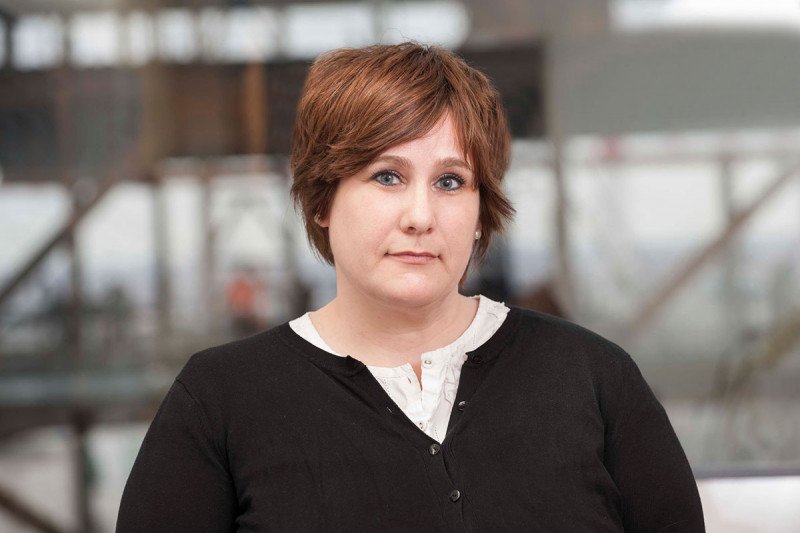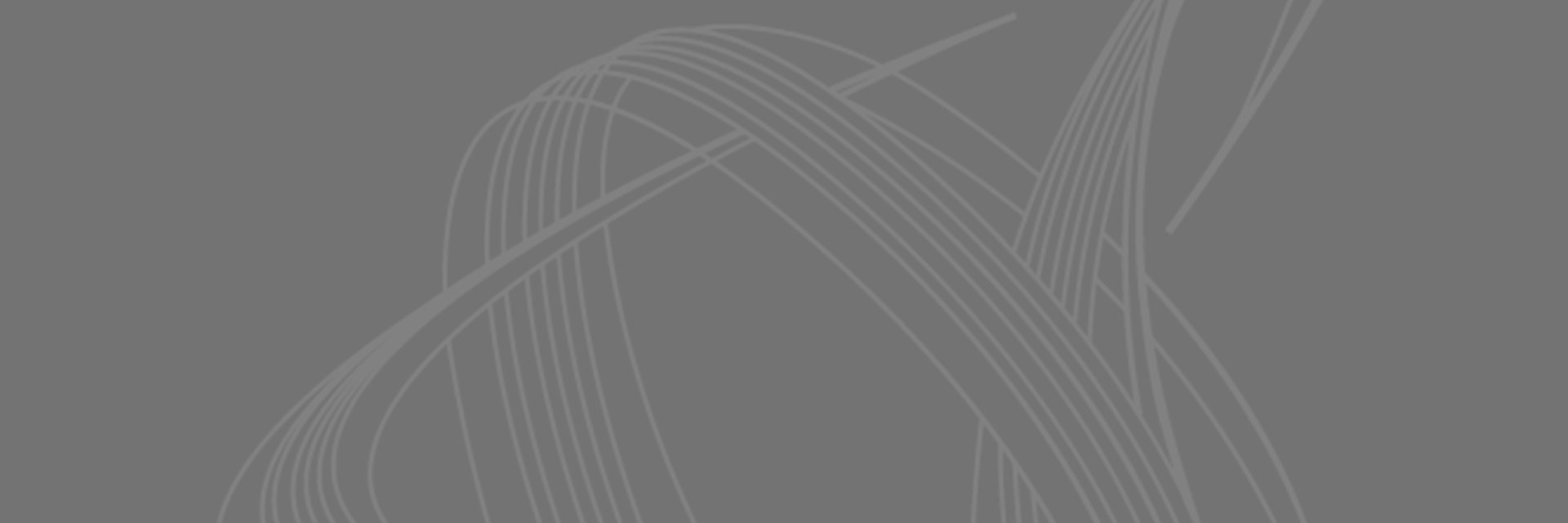
Tumor immunologist Andrea Schietinger studies why immune cells sometimes fail to fight cancer, and what can be done about it. She joined the Immunology Program at the Sloan Kettering Institute in 2015. We spoke to her in September 2018 about why she became a scientist and who most influenced her decision.
Coming to America
I grew up in a small village in Germany called Gimmeldingen. I didn’t know what I wanted to do after high school. I enjoyed making art. My art teacher was encouraging me to apply to the art school in Stuttgart [about 100 miles away]. But I wasn’t sure it was the right decision for me because I was also interested in science, particularly chemistry, and math.
Then an opportunity presented itself for me to go abroad. A friend of the family was moving back to the United States and needed a nanny. So I volunteered to move to America for one year. I lived with the family in Tenafly, New Jersey. During the day, I took care of their son, and in the evenings, I took classes at Fairleigh Dickinson University in math, organic chemistry, and biochemistry. I had one professor who was just so inspiring — the way he taught the material. That’s when things really clicked for me. I knew I wanted to do science.
I visited him as a graduate student 12 years later, in 2006, and gave him a copy of my very first paper, published in Science. I said, “Your teaching inspired me to go into science!”
From Pharmacology to Immunology
After my year in the States, I went back to Germany and entered the pharmacology program at the University of Freiburg. But while getting my degree, I realized I didn’t want to be a practicing pharmacologist — I wanted to pursue new knowledge. Finding new questions and answers is really a defining feature of who I am. So I decided to do a PhD.
Back then, I didn’t have a personal computer or laptop, so I went to an Internet cafe at the train station in Munich and Googled “exchange PhD programs.” There was an open position for a grad student in the immunology program at the University in Munich. They wanted someone to go to the United States for six months to learn immunology and tumor models, and then come back to complete their PhD in Germany. I came to the US, and six months became 17 years. I still have the printout of that Google search result hanging in my office.
Influential Mentors
I went to a tumor immunology lab at the University of Chicago, where my mentor was Hans Schreiber. He was then — and still is — one of the most dedicated tumor immunologists around. You learn so much working in his lab. You find out quickly whether you are cut out for science. Even though it was a very tough training, I don’t regret a thing. He helped me become the scientist I am. I love tumor immunology, trying to understand why our immune systems can so easily clear infections but cannot always eliminate tumors.
In Hans’s lab, I was working solely with mouse models. But I decided that if I was going to go forward in tumor immunology, I needed to know what was going on with patients in the clinic. So for my postdoc I looked for a lab that was more translational but still grounded in basic tumor immunology. Hans suggested I consider Phil Greenberg. He has a lab at the Fred Hutchinson Cancer Research Center and the University of Washington in Seattle, where he also leads clinical trials with adoptive T cell therapy. So I contacted him. Phil happened to be coming to Chicago for the wedding of his nephew, and he suggested we meet. We met on Chicago’s Magnificent Mile and sat next to Bloomingdale’s. We talked for about an hour, and then he said, “When can you start?” I was very fortunate that I ended up in his lab; he gave me the freedom to do the science I was interested in and prepared me to become the independent principal investigator and scientist I am now.
On Being a Mentor
Looking back and knowing how critical it was for me to have these great mentors has inspired me to try to become the same type of mentor. I want people in my lab to see me as a teacher and supervisor but also as a friend. Every time I have one-on-ones with my students and postdocs, I try to be both. I think they appreciate that I’m honest, and sometimes also tough, because I want them to be better. I love teaching students and postdocs. I find it very rewarding.
I’m very fortunate to have the best lab team you can imagine. We work hard, but we also have a lot of fun together. We even have a lab motto that we print on T-shirts: “Putting the FUN into dysFUNction” — because my lab studies T cell dysfunction.
Breathing Science
I never stop thinking about science. When I walk to work or home from work, I’m thinking about science. In that sense, I think I’m a real science geek, with all the pluses and minuses that come with it. I love solving puzzles. I love never knowing what result we will get the next day in the lab.
And that’s why I’m also so fortunate to be a scientist at MSK. What could be better than working in an environment where you are surrounded by the greatest peers? You really feel like you’re at the forefront of knowledge here and can really move and change things.
I’m not saying it’s always easy. Becoming successful as a woman in science has been tough, and I have certainly made sacrifices. But looking back, every decision I made I would do again. I feel very happy and blessed that I found the place and job where every single day I’m excited to come to work.




